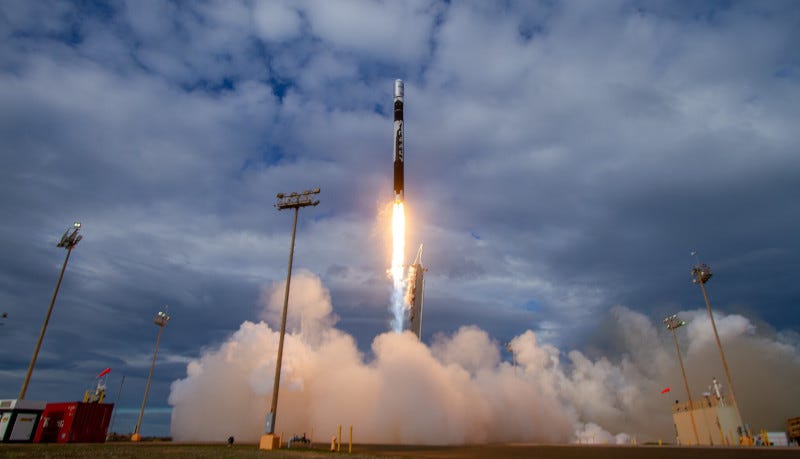Multi-Launch Agreement Reached Between Firefly Aerospace and Lockheed Martin
Deal Secures Launch Slots Through 2029
A multi-launch agreement has been reached for 15 launch reservations and 10 optional launches for Lockheed Martin utilizing the Firefly Alpha rocket. The terms of the deal run through 2029.
"The Firefly team has scaled up Alpha production and testing and significantly streamlined our launch operations to fly Alpha more frequently and responsively."
Bill …




